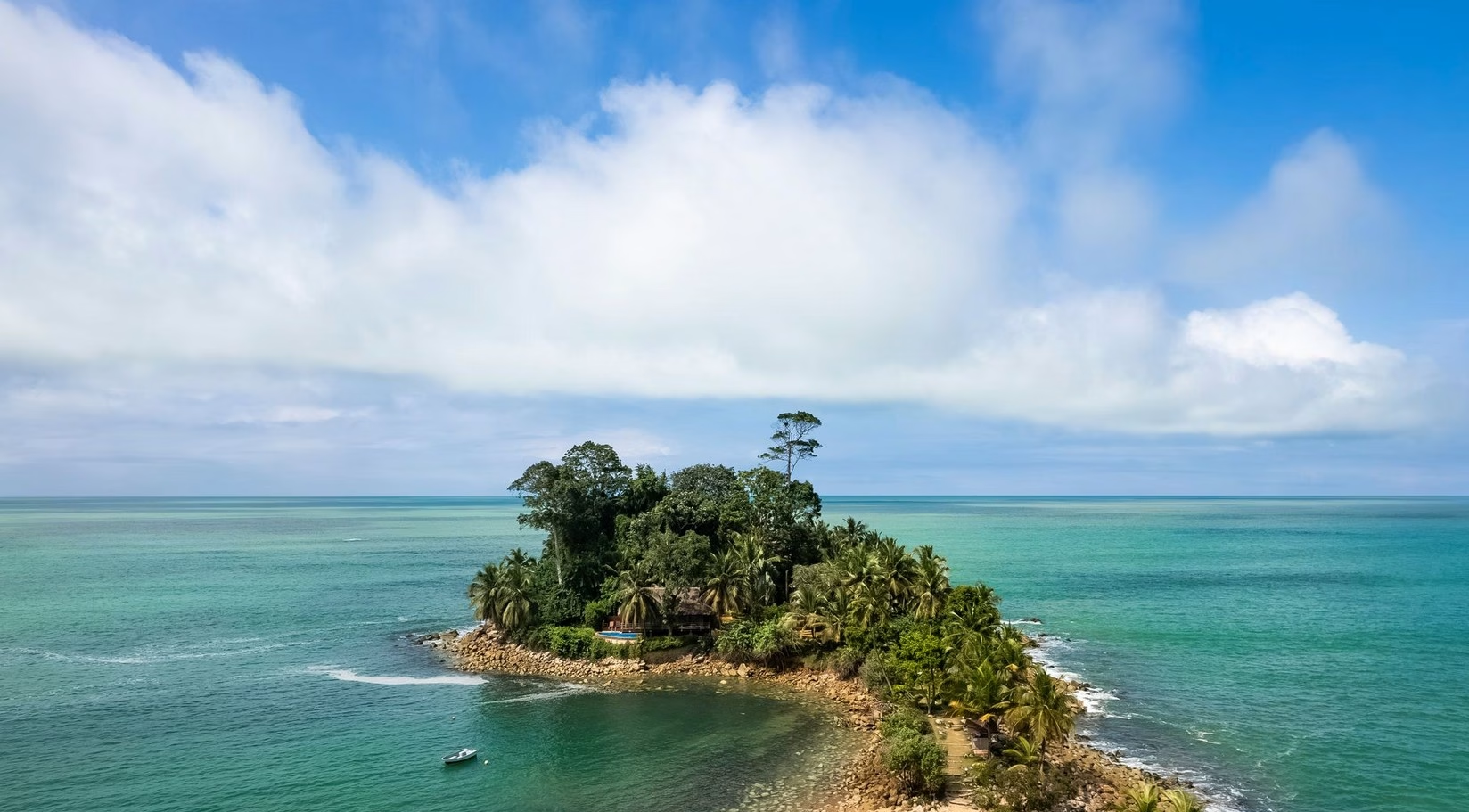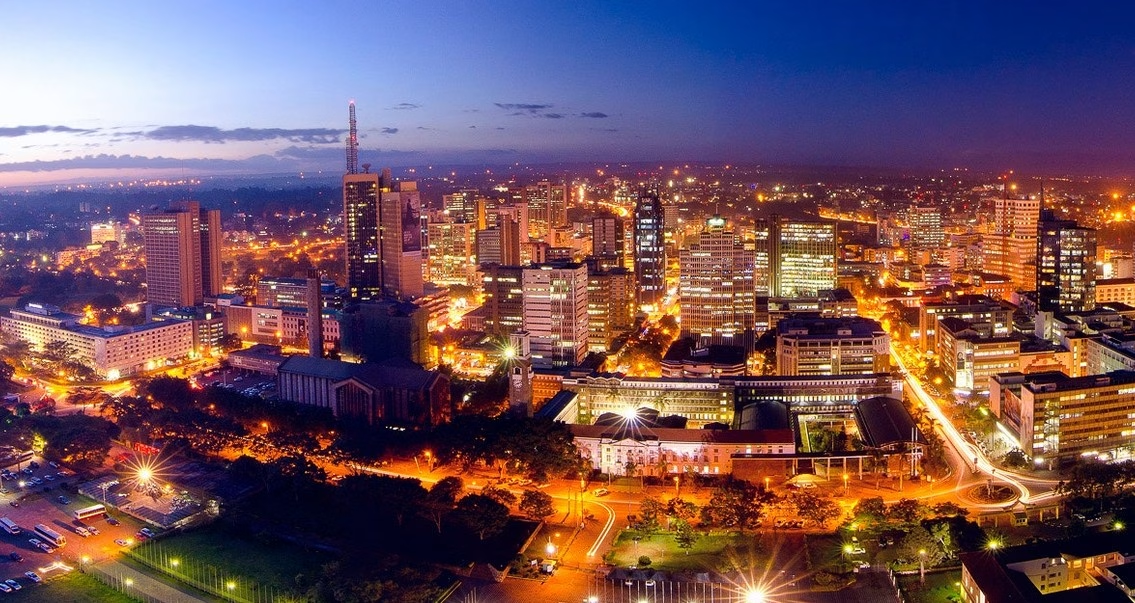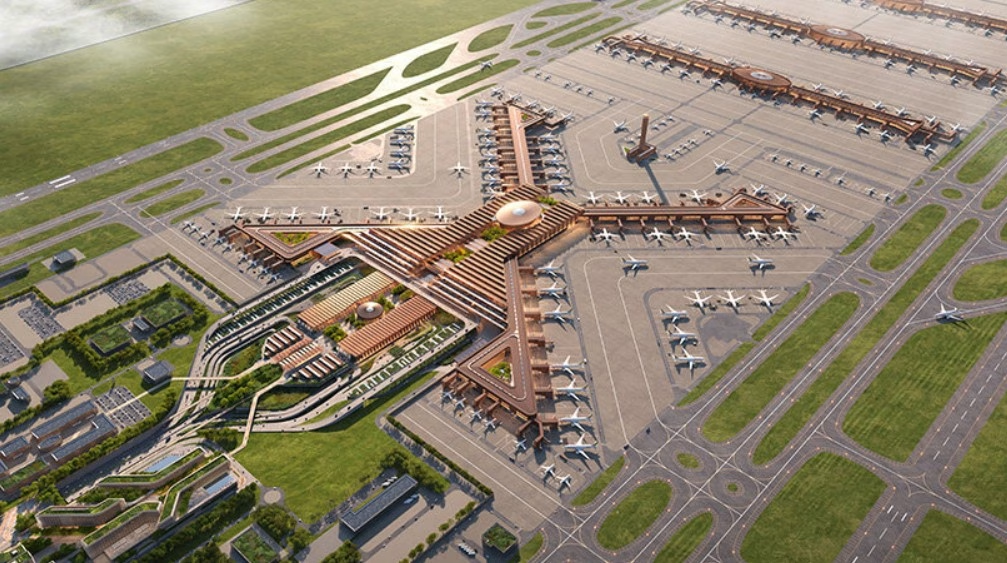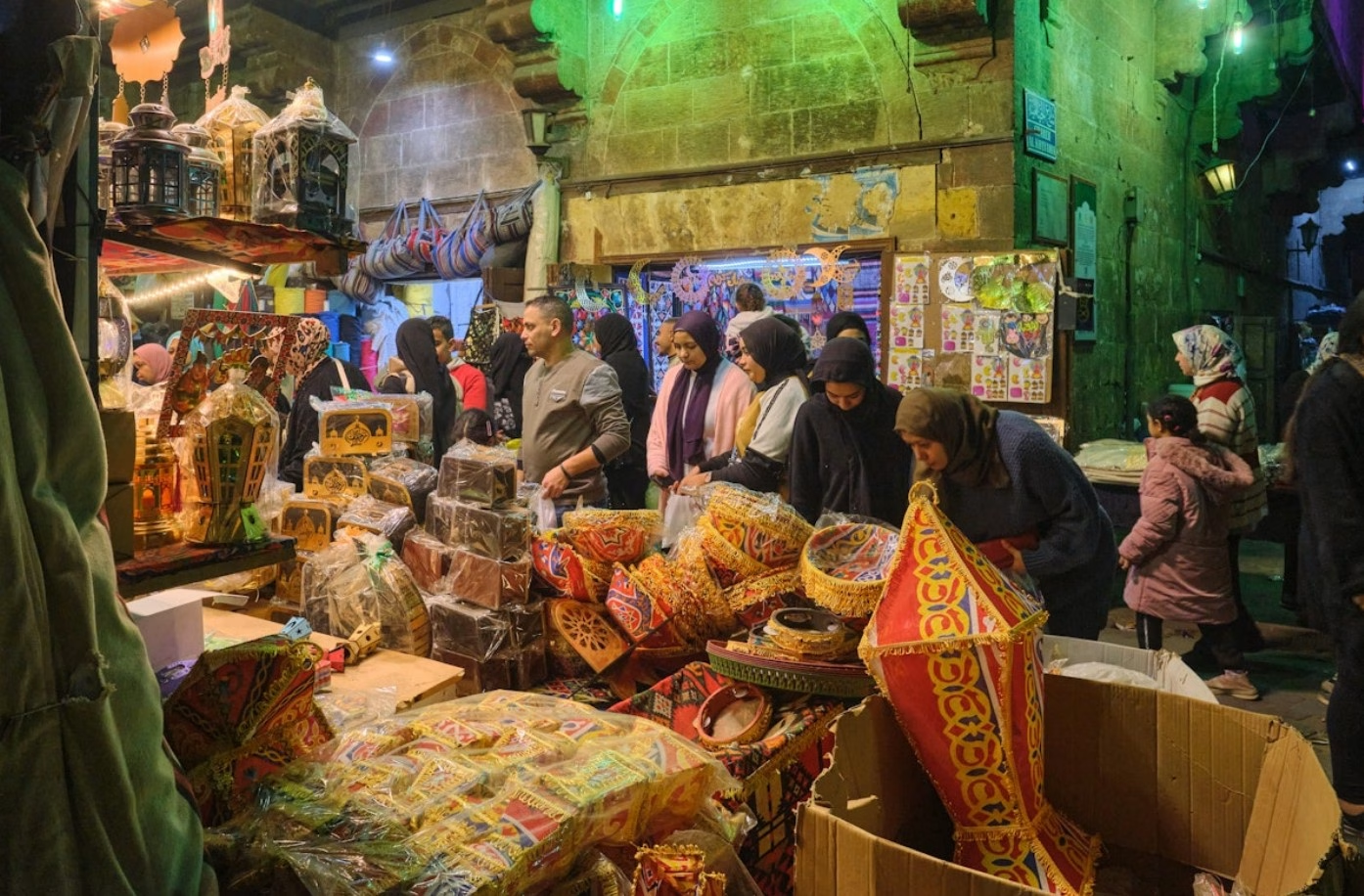Where to From Here?
Edgar Pieterse of the African Centre for Cities on what needs to happen next
“One of the most widely held criticisms of urban policies in Africa is that they are inconsistent, haphazard, and not coherently articulated… Physical planners rarely work with economists, there are no ministries of urban affairs, and even well-defined problems such as housing and urban transportation run the gamut of intra-governmental negotiations before anything serious can be attempted.”
This quote doesn’t come from 2025. Or 2015. Or even 1995. It’s from an article by Richard Stren in African Studies Review in 1972.
It’s a reminder why African urban policy debates can sometimes feel like Groundhog Day. Every few years, we rediscover that the urban population is projected to double within a generation; the large-scale nature of informal urbanisation; the inadequacy of infrastructure investments; the dramatic under-supply of affordable housing or public transport, and so on, and so on, and so on.
The response mostly seems to boil down to the following recipe: generate a national urban policy, devolve more power to city governments, improve the capacity of city governments to raise their own revenue, and then deploy that to ramp up infrastructure investment, and sometimes, rebuild trust between citizens and local government. Yet, over the last 15 years in which pan-African bodies such as the African Union and the African Development Bank have been promoting urban policy reform, we’ve seen little practical implementation even of these standard remedies, apart from a proliferation of National Urban Policies that also have little impact on the routine operations of governments. Having them on paper seems to be enough.
You will find the full range of urbanisation pressures discussed in this Special Report—and some of the recipes proffered are familiar, and necessary: devolution, infrastructure investment, more trust. But, what is clear is that something has shifted. The voices of Africa’s youth—who now represent the overwhelming majority of the continent—are unignorable. And they have something to say. They are restless, tired of the old formulas, and no longer content to let the rigid, tone-deaf, and elderly politicians who continue to speak in platitudes while delivering little determine their futures. The youth are redefining what being part of the city means, and remaking the terms of how they engage systems with the view of changing them. Whether they are mayors, activists, or ordinary citizens, they are organising themselves in ways great and small, and are prepared to fight for their future. The age of deference is over!
Another thing that’s shifted is that there is an unapologetic belief in African agency and accountability. Western paternalism is openly called out as the neocolonial control it has always been, while investments from the East, and increasingly the Gulf region, are regarded with equal scepticism. This generation insists that African societies have enough knowledge, resources, people, and talent to craft solutions in their own image for the challenges they face. The question is, can this force a change in the listless, uninspiring political leaders we have been stuck with for so long?
The young and irreverent crop of military and political leaders who have emerged in various parts of West Africa in the last few years have captured the imagination of many young Africans. They preach African autonomy and self-determination, and represent this sense of urgency. What they symbolise should not be underestimated even if their endgame remains unclear.
Youth movements across the continent have shifted in tenor. Many of their activists were born and raised in a digital era unlike any before it, and have a fluency in technology that previous generations do not fully grasp. They express and organise differently. They are equally as worldly and communitarian as they are passionate about preserving and amplifying their Africanness, ready to deploy it as a fuel for global exchange and aspiration. In doing so, they are projecting and building a very different image of Africa, its diverse cultures, and unapologetically projecting it across the continent and onto the rest of the world with a new confidence. The profound impact of Afrobeats, Amapiano, and rise of a new wave of African fashion design, architects, and chefs focused on elevating African cuisine as never before are testament to this new spirit. It is seeping into many other areas of life on the continent.
Across cities dominated by makeshift, unsafe, precarious, and unhealthy settlements, a broad-based, pan-African urban movement is slowly taking shape.
But, the youth alone cannot change what ails us.
Urban economies might demonstrate healthy GDP growth rates, but the fundamental drivers of productivity and resilience are stagnant. Given this reality, citizens are no longer waiting for political space to be opened up for them to voice the harshness of their lives. They are taking up space in whatever form it comes—en masse online, but also in small street-level social media groups; and on the streets, as we have seen in Maputo, Nairobi, Lagos, and many other parts of the continent in the last few years. That this is concentrated in cities is telling, and heralds the future. But, it’s an opportunity too.
If we turn this problem on its head, several opportunities reveal themselves, and the contributors to this Special Report show the way. They demonstrate that good ideas of how to respond to the call to save Africa’s future are plentiful. What’s in short supply is a commitment to the base reform necessary to give them the chance to follow through.
They affirm the following moves that should inform the way forward:
- Listen to the youth. They have ideas about the future and how to build it that could bring about a necessary shift. Alongside this, address once and for all, the problems being wreaked by the dominant patriarchy across the continent. It’s an impediment to progress for everyone.
- There is design, engineering, and ecological expertise (both traditional and contemporary) across Africa that can be harnessed to develop alternative housing typologies that also would enable communities to largely construct and maintain structures themselves. Africans know how to do beautiful, low-carbon building, and have done so for centuries. We need to embrace that.
- Prioritise the alignment of the continent’s economic growth with the need to address critical housing infrastructure shortages. The construction boom that will come with this alignment has the potential to lift the fortunes of the continent in general, and its cities in particular. It’s a prerequisite for their success.
- Fast track investments in digital public infrastructure, and invest in data systems. These are both essential for the intelligent management of the investments that need to be made across all sectors.
- Invest in youth-led social enterprises, and make them the backbone of strong local economic development. Build robust digital tools and other mechanisms to connect those enterprises, both to each other and into larger regional systems of regulation and governance. Through this, we can determine over-hyped smart city and AI debates.
None of this will be easy. It will require constant tinkering, finessing, and embracing a spirit of experimentation like never before. It will demand that we test the efficacy of each of these moves and tailor them to the context in which they are implemented. There are no one-size-fits all ideas here. After all, one thing hasn’t changed: Africa is still not a country.
But we cannot escape two realities. The first is: where will the money to do this come from? The other—and we must be brutally honest with ourselves as Africans—is that most governments across the continent are as dysfunctional as the systems they manage. In their current form, real experimentation is near-impossible. We need to ask ourselves what to do about this fundamental truth.
International aid is not how we pay for our own development. It’s encouraging to see many African governments prioritising the unlocking of domestic resources. An intentional focus on mobilising the substantial dormant capital in Africa to fund proud, local, and sustainable forms of African urbanism is needed. Whether we grab this opportunity is up to us all.
Everyone of and in the continent—the activists, policymakers, active citizens, national banks, the private sector—must insist on, and work towards, the changes we so desperately need. We must also change our attitudes towards youth, towards women, the environment, each other, and towards what or where we look as examples of how we want the future of our cities—the future in general—to be.
If we focus on indigenous resources and priorities, we can develop our own purpose-built infrastructure investment and maintenance models on the continent. We can build African cities, not the failed imitations of the European cities we keep lacking the imagination to sufficiently think our way past.
Let’s start telling that story now, loudly, and fully commit to not just dreaming, but doing.











